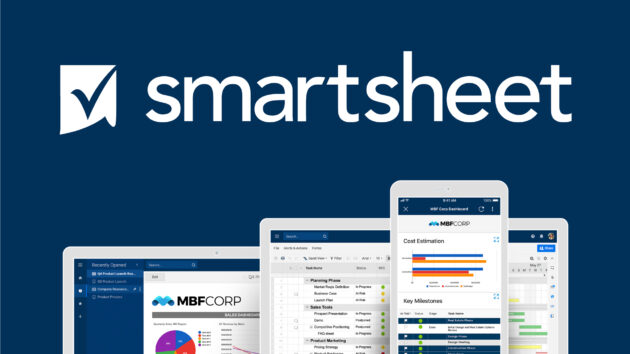Strategic View: Family offices are no longer on the sidelines; they are the new apex predators in private equity. A Q2 2025 market analysis reveals a stunning 60% of all family office transactions are now structured as club deals. This shift is driven by a desire for control, alignment, and access to larger, more complex assets.
 Full story: Forget what you knew about private equity. The landscape is being radically reshaped, and the architects of this new world are family offices. Once passive LPs*, they have aggressively moved into direct investing. Now, new data from Q2 2025 shows the “club deal” is their weapon of choice. A staggering 60% of family office deals globally are now done via these collaborative structures.
Full story: Forget what you knew about private equity. The landscape is being radically reshaped, and the architects of this new world are family offices. Once passive LPs*, they have aggressively moved into direct investing. Now, new data from Q2 2025 shows the “club deal” is their weapon of choice. A staggering 60% of family office deals globally are now done via these collaborative structures.
This is a seismic shift. The reason is twofold: control and access. Family offices are tired of the traditional fund model’s blind-pool risk and high fees. They want discretion. Furthermore, they want alignment. By forming a club, they can partner with other families who share their long-term vision and sector-specific expertise, avoiding the short-term exit pressure of a typical PE fund.
The club deal solves the access problem. A single family office, even one managing billions, can be outbid by a mega-fund. But a club of three or four aligned families? They can pool their capital. Suddenly, they can write the billion-dollar checks needed to acquire complex assets, from manufacturing plants to tech unicorns. This structure allows them to punch well above their individual weight.
This trend is forcing the entire ecosystem to adapt. Investment banks are creating dedicated “family office solutions” desks. Law firms are tailoring bespoke governance structures. For LPs in traditional funds, it’s a wake-up-call. The most sophisticated capital in the market is creating its own deals, leaving the rest to fight over the leftovers.
*LP: Limited Partner, a passive investor in a private equity fund.
Summary: Family offices have fully mainstreamed the club deal, using it for 60% of their transactions. This matters because it creates a powerful new “super-investor” class. By pooling capital and expertise, these clubs are now competing directly with mega-funds, fundamentally altering the M&A and private equity landscape.
Source: JD Supra





